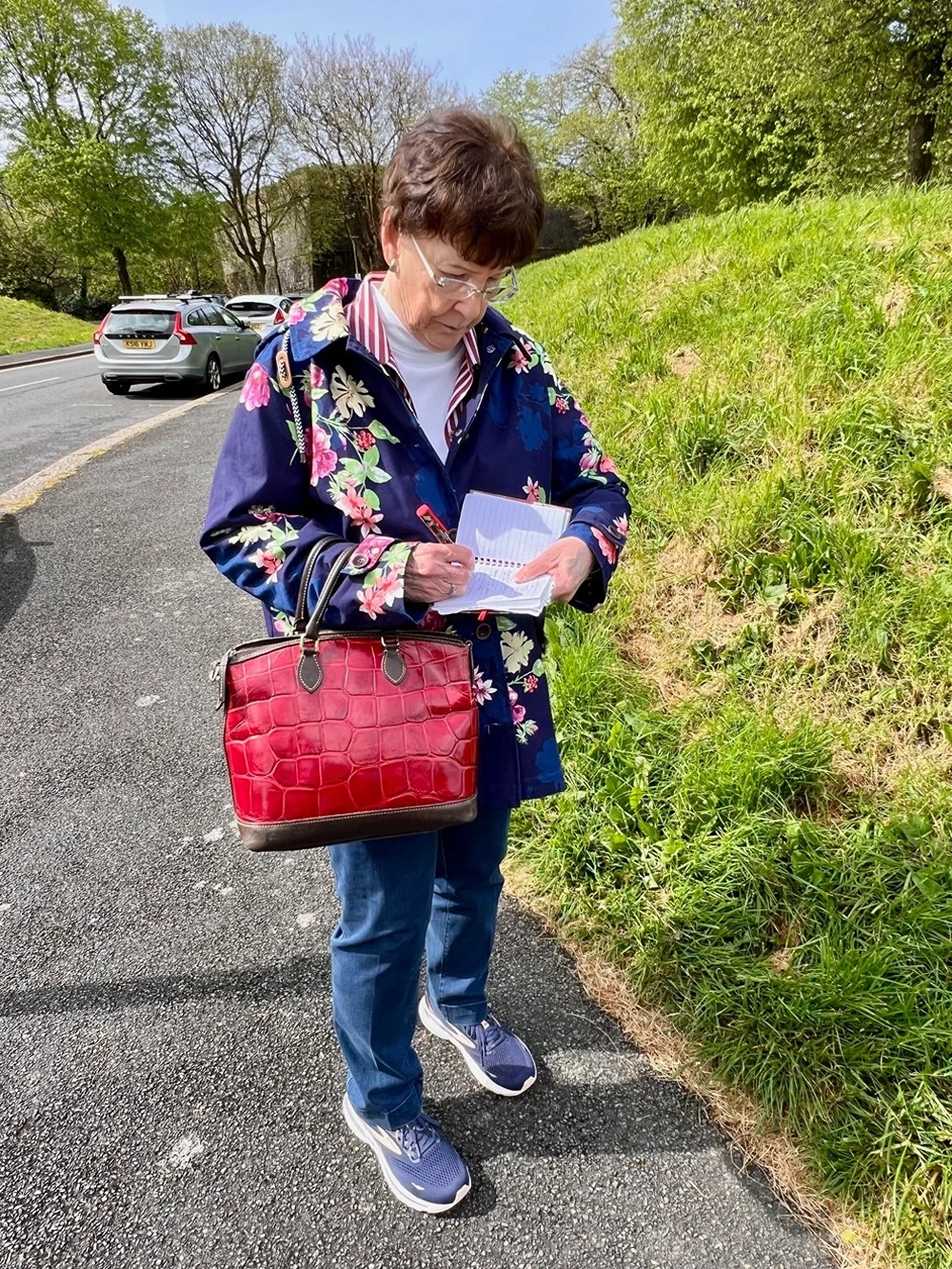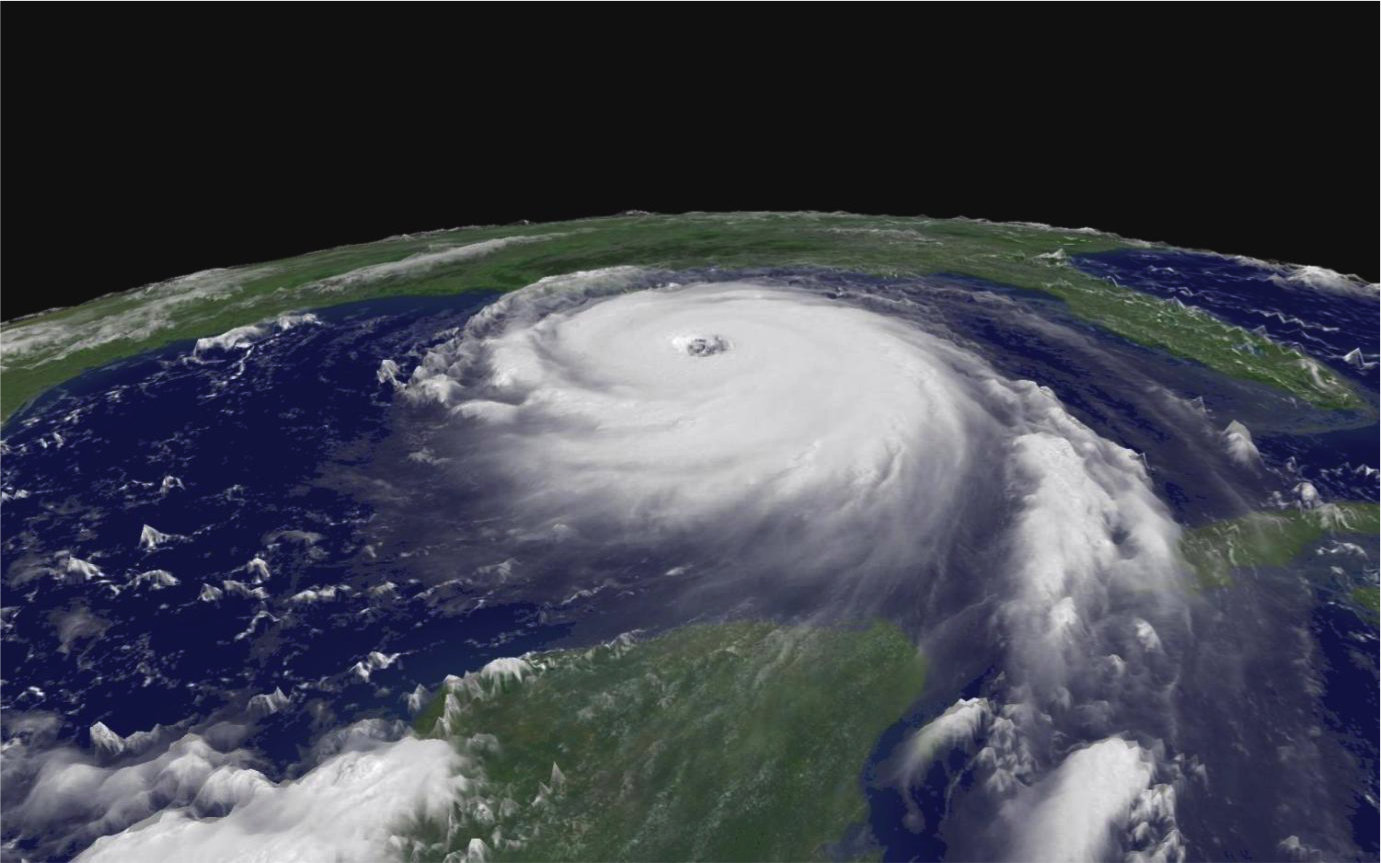Twenty years have passed since Hurricane Katrina churned across the Gulf of Mexico and ravaged communities in Mississippi, Louisiana, and Georgia. In 2005 over 350,00 homes were either destroyed or greatly damaged in those states. Over 1,800 lives were lost in Mississippi alone. In each case the survivors had to answer the question: Amid the trauma of loss and grief, how do I rebuild my life?
The aftermath of Hurricane Katrina reads like many other natural disasters that have occupied newspaper columns: the Guadalupe River’s killer flood in Kerrville, Texas; Hurricane Helene’s devastating waters in North Carolina; and Hurricane Harvey’s incomprehensive deluge around Houston, Texas.
What did I and my family lose to Katrina’s fury? Our home in Pascagoula, Mississippi, and everything in it: furnishings, photos, recipes, family heirlooms. Many irreplaceable. And more: a church family, a community of friends, a productive way of life.
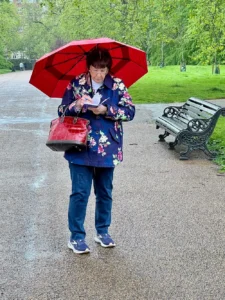
I was thankful to be a survivor, but as I began to pick up the pieces of my life, I realized that it was difficult not just dealing with the physical challenges – replacing a dwelling and household items that were lost – it was even more difficult not being able to see the end in sight. How could I triumph over these circumstances?
My answer: do more than just survive the calamity. Write about it. Hence out of the sadness and grief of Katrina came a trilogy of novels to educate, enlighten, and entertain readers about the enduring nature of a tempest, regardless of its form, and how to overcome it.
What did I want my readers to know? First, that healing is possible, even from devastating events. Next, it isn’t possible to do it alone. Third, adjusting to what psychologists call a new normal is essential.
Instead of using the Mississippi Gulf Coast, I placed my novels in London, England, and in place of a weather-related storm, my plot involved a protagonist struggling to recover from a violent assault. As I learned from Katrina, trauma has a long life. I wanted more, indeed, nothing less than victory for myself and my protagonist. Hope is possible despite what has threatened to take it away. Practical and effective strategies for healing do exist.
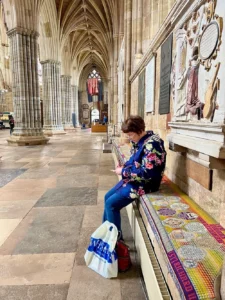
The Witness trilogy novels provide actionable suggestions for recovering from life’s storms. The Witness, published in 2012, represents years of striving to overcome the emotional setbacks from Hurricane Katrina. At the completion of the book, the characters were still alive and working to resolve new issues, so The Mission came out in 2015, spotlighting the trauma of grief. In 2021 The Hostage was published, illuminating the trauma of injustice.
I fulfilled my goal of making something positive come from Hurricane Katrina. These three commanding novels and their unforgettable characters are filled with intensity, realism, inspiration, and even humor. The result? My readers will gain a deeper understanding of the road to recovery from devastating events.
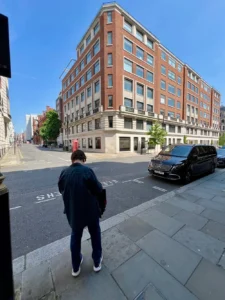
From Captain Winston G. Churchill, USCG (Ret.)
The Witness was a solid story theme, and your characters were so well developed. Real people in real places. All of your characters took shape slowly but eventually became so much like people I know. Many of your scenes made me homesick for England.
The Mission was beautifully written, well told. Some extremely intense and powerful scenes.
I finished The Hostage today. Three fine tales brilliantly linked. Many little lessons about England scattered about for the benefit of American readers. And larger lessons of endurance and hope in the face of life altering adversities. Well crafted!
Publication note:
A Casualty of War, a Cold War spy novel, will be available in Fall, 2025
